Lipoid Pneumonia Myth: Essential Oils Unveiled

Delving into the world of lipoid pneumonia, a condition triggered by the interference of lipids with lung function, raises intriguing questions for those who indulge in aromatherapy and essential oils. Is there a risk when breathing in these aromatic elixirs? Let's explore the science behind essential oils and lipoid pneumonia.
Understanding Lipoid (Lipid) Pneumonia
Pneumonia, a condition where lung air sacs become inflamed, typically stems from immune responses to pathogens. Lipoid pneumonia, a more specific form, is caused by lipids affecting alveoli function. There are two types: endogenous, produced within the body, and exogenous, introduced from external sources. The latter includes oils and waxes, raising concerns for enthusiasts of essential oils.
Endogenous lipids, like cholesterol, may accumulate in the lungs due to blockages or hypoxia. Exogenous lipids, entering from outside, are a rare occupational hazard, with documented cases mostly associated with commercial diving and accidental inhalation or aspiration.
What Are Essential Oils?
Contrary to their name, essential oils aren't oils in the traditional sense. They consist of volatile organic compounds (VOCs) like terpenes and phenols, representing a plant's unique chemical profile. Essential oils serve various purposes for plants, from repelling predators to attracting pollinators. Their quick evaporation and aromatic properties make them distinct from traditional oils.
Safe Inhalation of Essential Oils
While caution is advised for topical and oral use, inhaling essential oils has been deemed safe, healthy, and potentially therapeutic. Essential oils, devoid of lipids, pose no risk of lipoid pneumonia. The aromatic compounds in essential oils, such as linalool and menthol, can even have calming effects when inhaled or ingested by humans.
Conclusion
Dispelling concerns about the potential link between essential oils and lipoid pneumonia, scientific research emphasizes the safety of breathing in these aromatic wonders. As enthusiasts embark on their aromatic journeys, it's crucial to source essential oils from reputable providers to ensure purity and quality. So, breathe easy, knowing that when used mindfully, essential oils are a delightful and safe addition to your wellness routine.


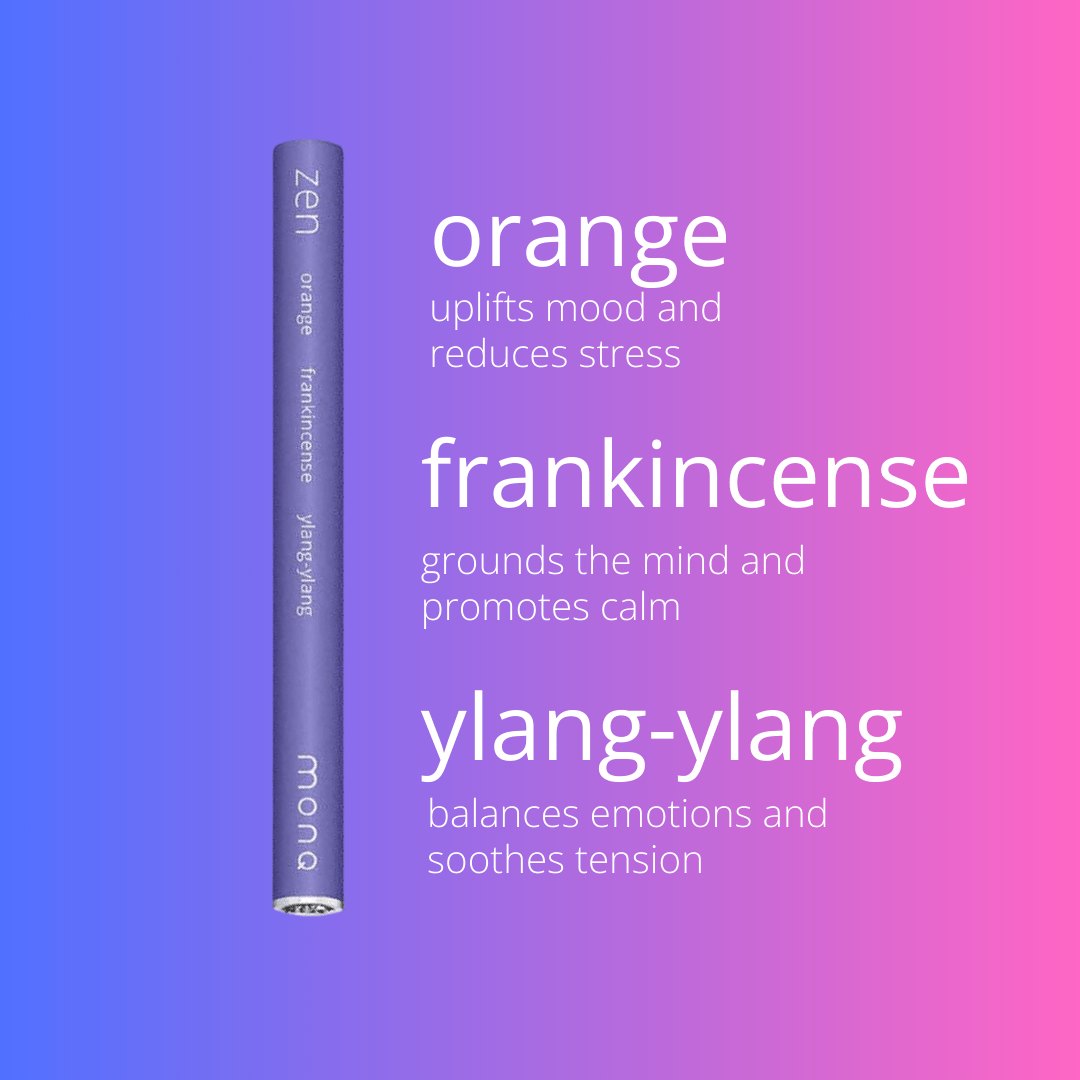
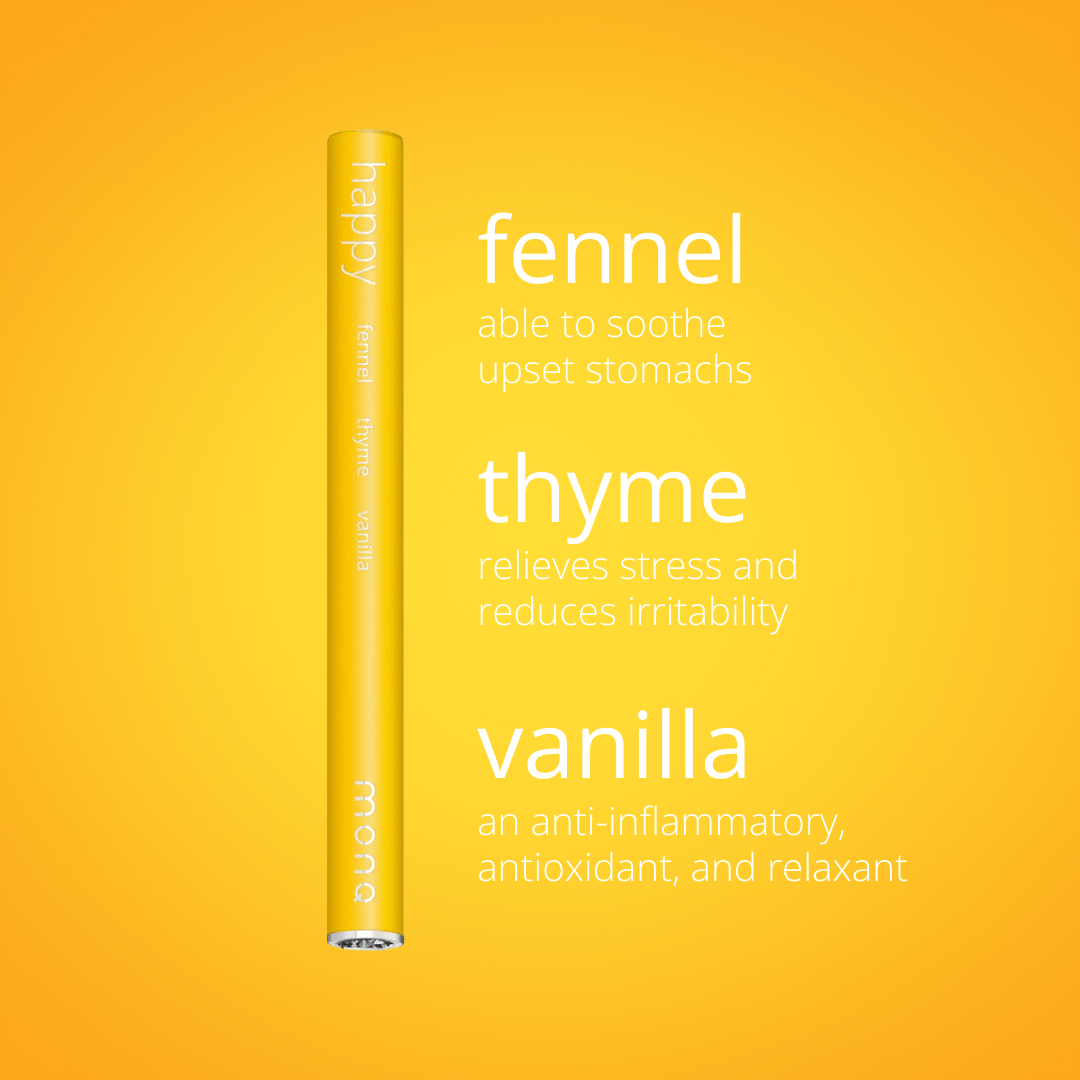
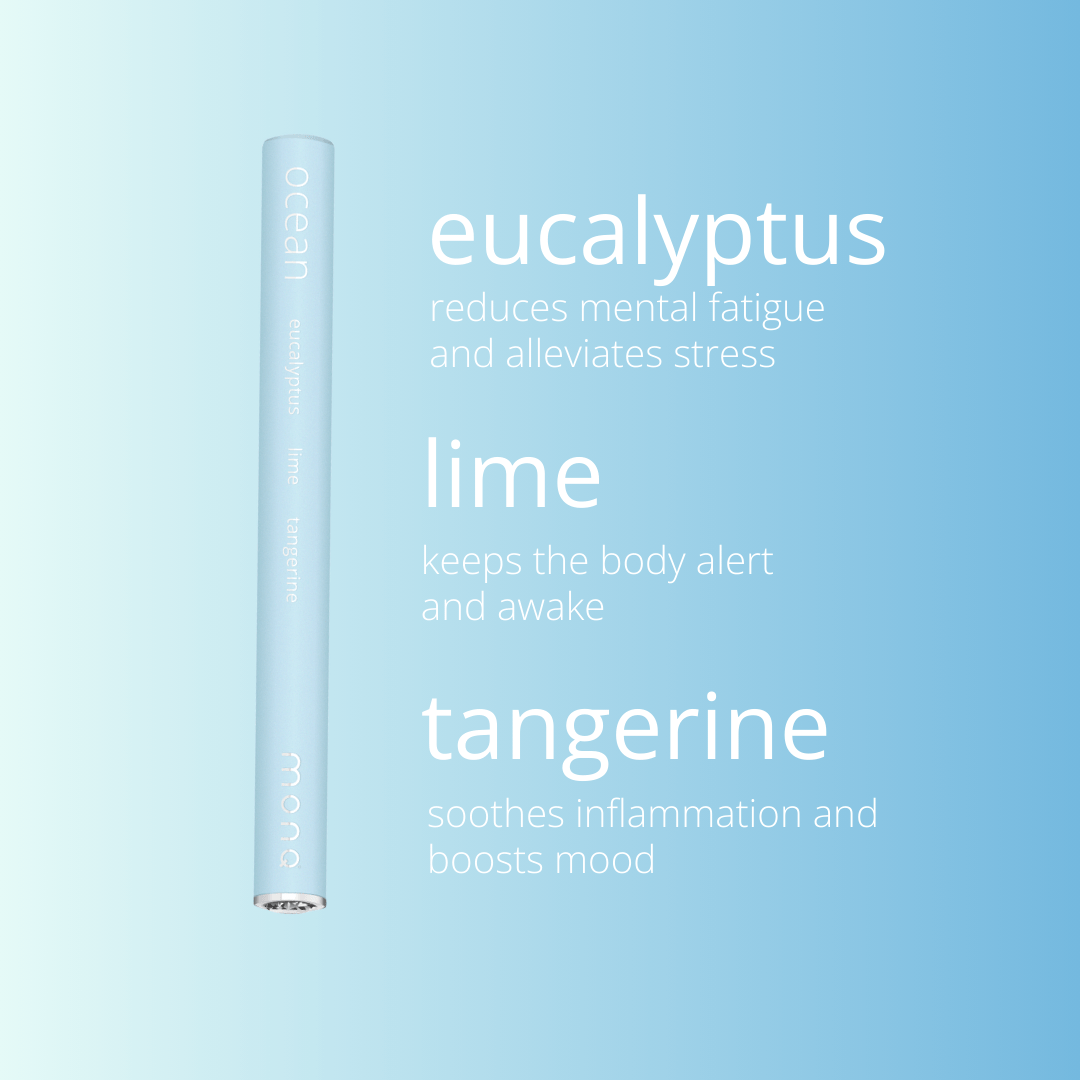
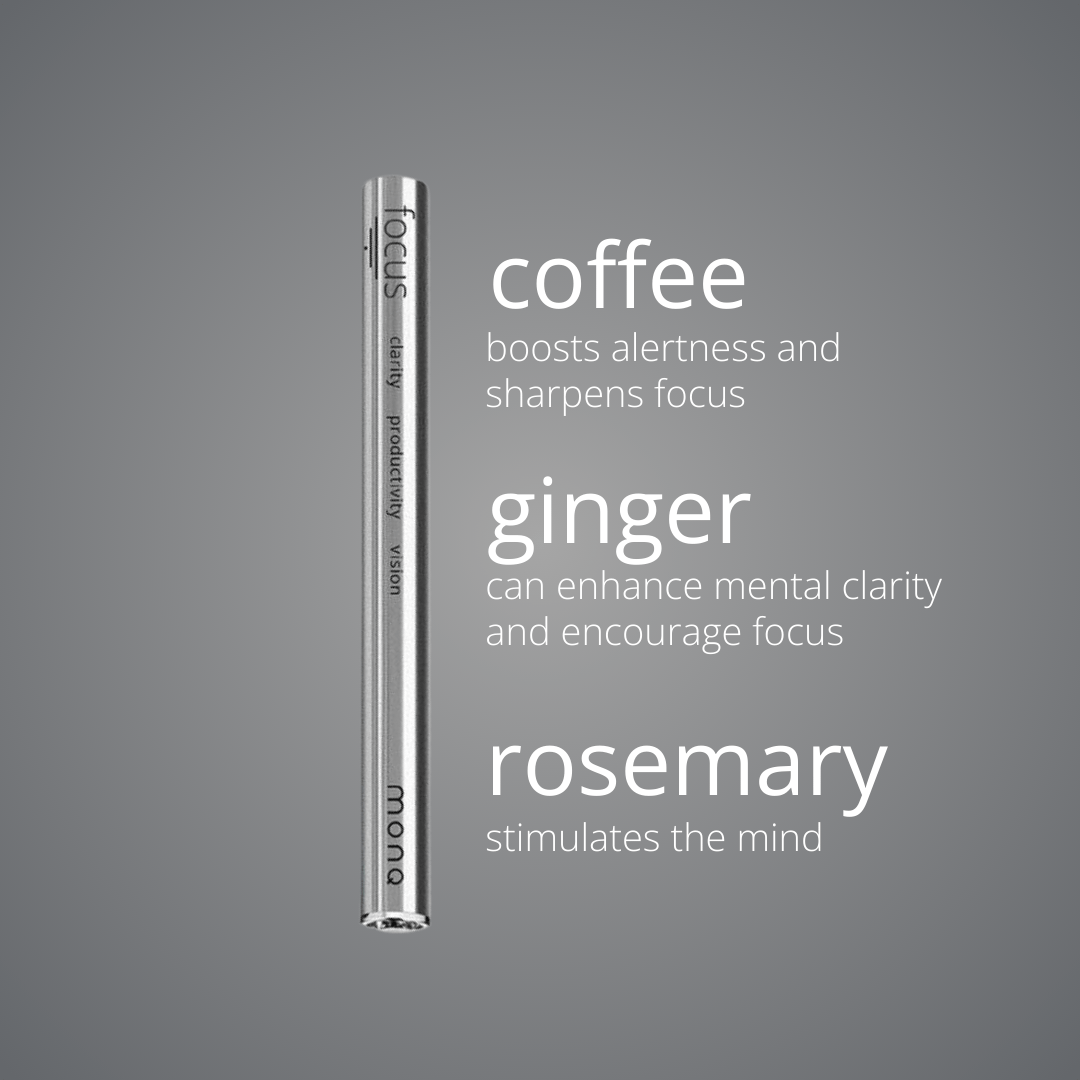
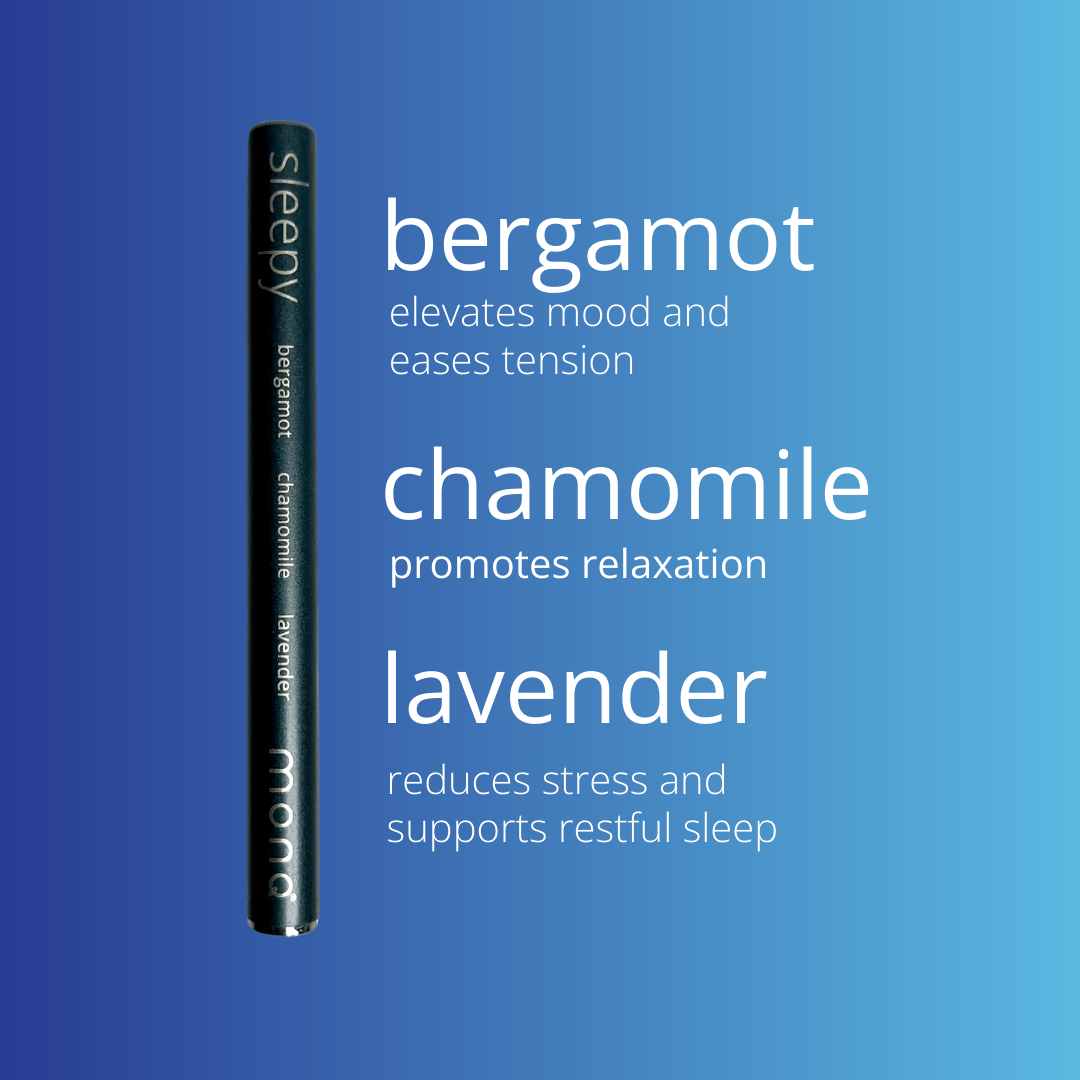

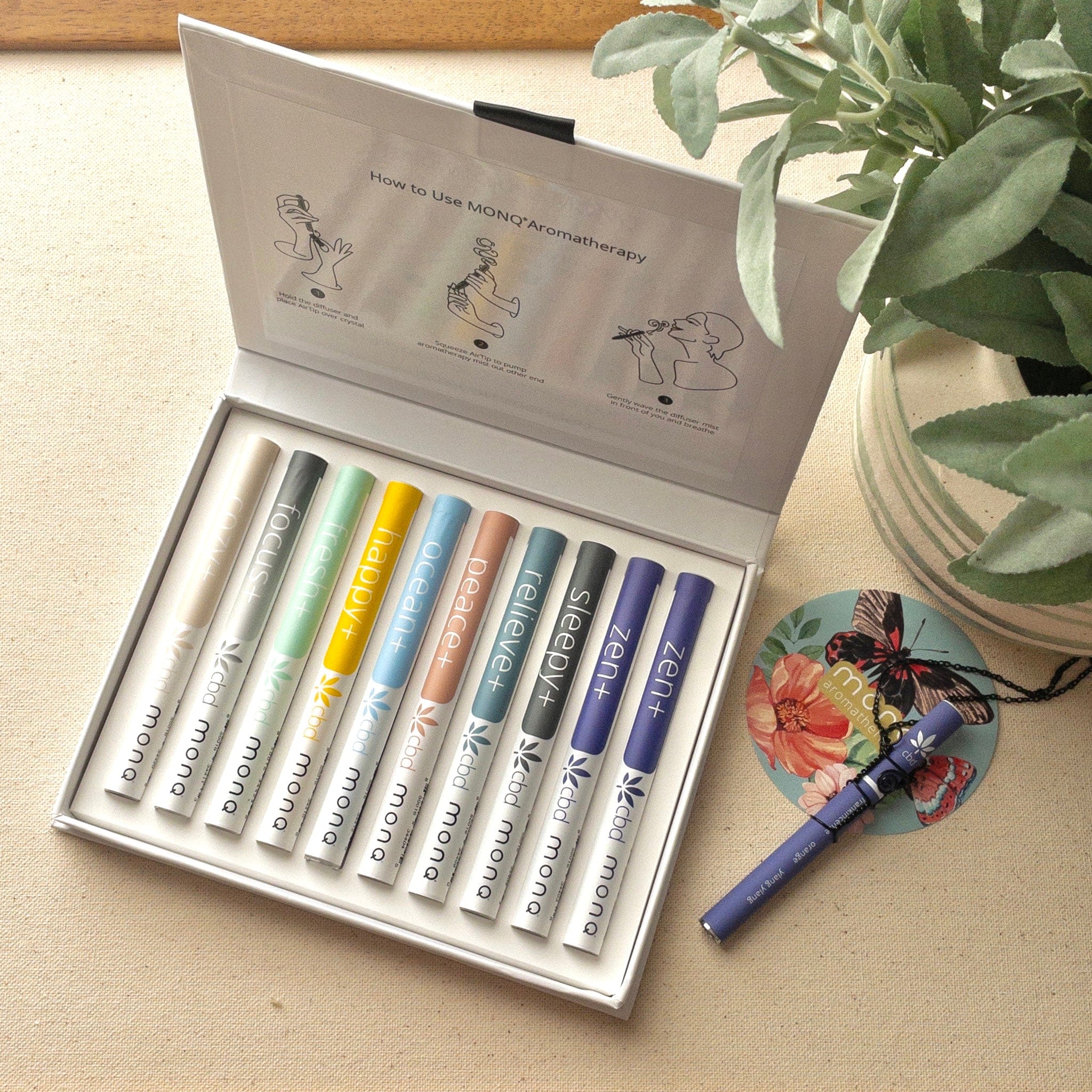
Leave a comment